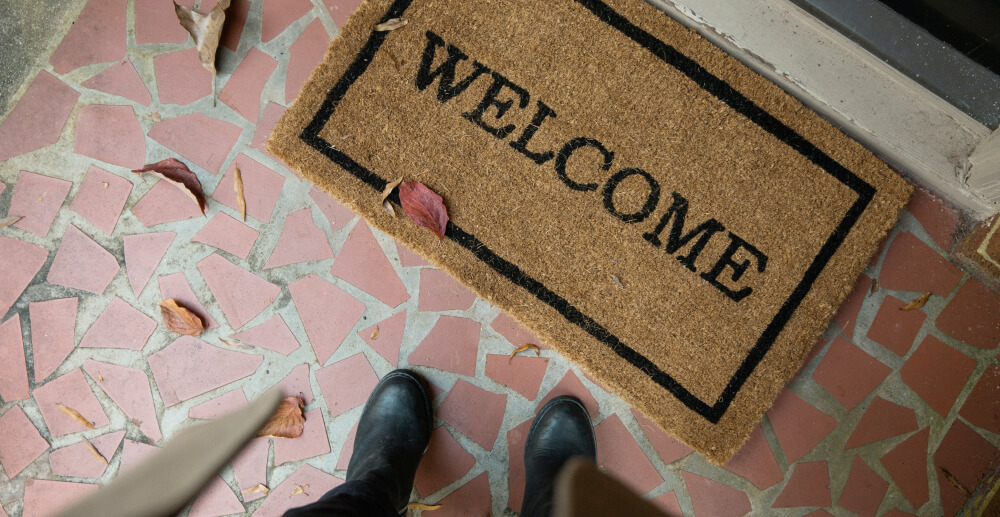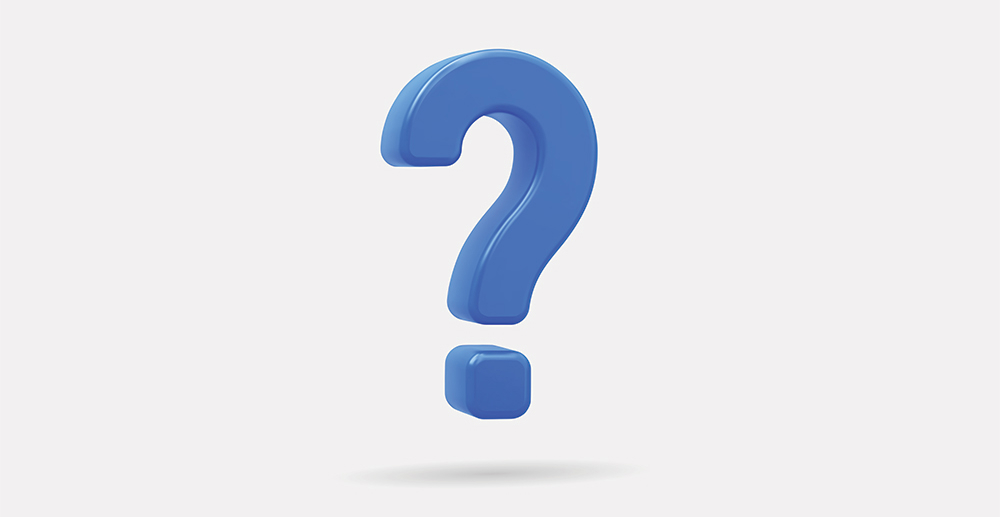Struggling with anxiety? Here are reasons not to drink to take the edge off.
The busy super-mom winds down with a bottle of wine. The serviceman or woman comes home from active duty and finds relief drinking with high school buddies. The office worker consistently has one too many cocktails at company happy hours.
We rely on alcohol in times of stress to help us decompress and wind down. And while one or two drinks can bring on a buzz that seems to take away all your woes, alcohol doesn’t work as a coping mechanism long term. Here’s why:
1. Your brain is a balance of chemicals.
You, my friend, are a beautiful being buzzing with neurotransmitters and hormones that manage your response to stress. Heavy drinking can cause the settings on this stuff to get scrambled, leaving you less prepared to face all the situations life throws at you. Dulling your brain to handle stress is like LeBron James prepping for a big game by handcuffing his hands behind his back. It just doesn’t make sense. Consider meditation or therapy, both of which will help you sharpen your emotional muscles. Be like LeBron, and stay at your peak.
2. Alcohol takes the place of healthy coping skills.
Speaking of meditation and therapy, there’s a world of healthy coping skills out there that can you help you feel better than the drink ever will. Why? They calm the stress response naturally, give your brain chemicals a boost, and prepare you to meet life head-on. Anything from walking to using a mindfulness app can be a healthy coping skill, as can chatting with a friend while sitting on a park bench. Exercise is a brilliant stress-buster that both your body and your brain will thank you for. Not a big hiker? Hey, we feel that. Try soaking in a bath or putting together a puzzle to decompress. Think back to an activity you loved as a kid: playing, exploring, building a pillow fort.
3. Alcohol inhibits emotional processing and growth.
All that stuff you’re trying to drink away? The bad news bears are here to tell you that your problems aren’t drowning in all the booze you’re chugging. They’re waiting for you on the other side of your hangover, just as steady and solid as they ever were. Handling your issues head-on allows you to learn and grow as a person. Drowning your woes in a drink? Not so much.
4. If you struggle with stress, you’re more likely to struggle with addictive behaviors.
Some of the characteristics that keep you from handling stress well? Those same traits might can put you at risk for addictive behaviors. This may be the smoking gun of stress and drinking. If you find yourself reaching for a drink each time you get bad news, instead of calling a friend or hitting the gym, it might be time to reevaluate.
Life sucks sometimes. And alcohol is always there to take the edge off. But a quick buzz isn’t always an easy one. Next time you have a problem and want to party it out of your system, pause and consider if booze is the solution you are really looking for.
Struggling with alcohol and stress?Workit Health can help.









